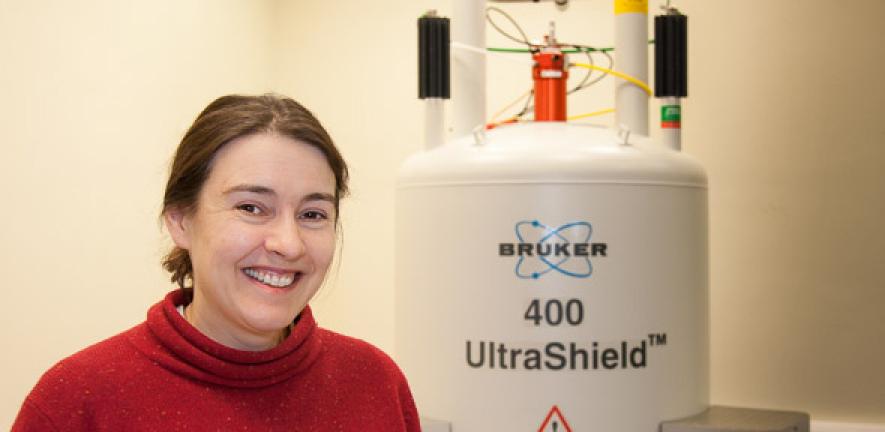
Grey has pioneered the development of NMR spectroscopy to study batteries in situ, which has led to a clearer understanding of battery function, including the reactions between the electrolyte and electrode materials, and the effect of rapid charging and cycling of batteries.
Commenting on her win, Grey said: “I am absolutely thrilled to be awarded this prize. Being recognised by my peers for work in developing magnetic resonance methods that help to deliver real-world solutions to today’s global concerns is a great honour.”
The prize recognises breakthrough contributions in the field of magnetic resonance. It is named after Richard R. Ernst, who won the 1991 Nobel Prize in Chemistry for his contributions to the development of high resolution Nuclear Magnetic Resonance spectroscopy.
Professor Lucia Banci, Chair of the Selection Committee, said: “Clare was unanimously selected as recipient of the 2020 prize for her design and application of solid state NMR methods to study paramagnetic materials, particularly those for energy storage. Her contribution to the development of in situ NMR methods of battery testing and analyses highlight the essential role of NMR in the development and design of novel devices for energy production, storage and conversion. Clare is a highly deserving winner and we look forward to seeing her take the stage at the awards ceremony later this year.”
Grey said: “Thank you to everyone who has supported me and has made this possible, especially my co-workers: the students and postdocs in my lab at Cambridge - and before at Stony Brook - and my colleagues in the Department of Chemistry.”
The prize represents a significant accolade in the field of magnetic resonance-led research and its practical application. Previous winners include Alexander Pines (UC Berkeley), Robert G. Griffin (MIT), Claudio Luchinat (University of Florence), Angela Gronenborn (University of Pittsburgh) and Daniella Goldfarb (Weizmann Institute of Science).The prize is sponsored by the Bruker Corporation, and will be presented at the European Magnetic Resonance meeting (EUROMAR) later this year.

